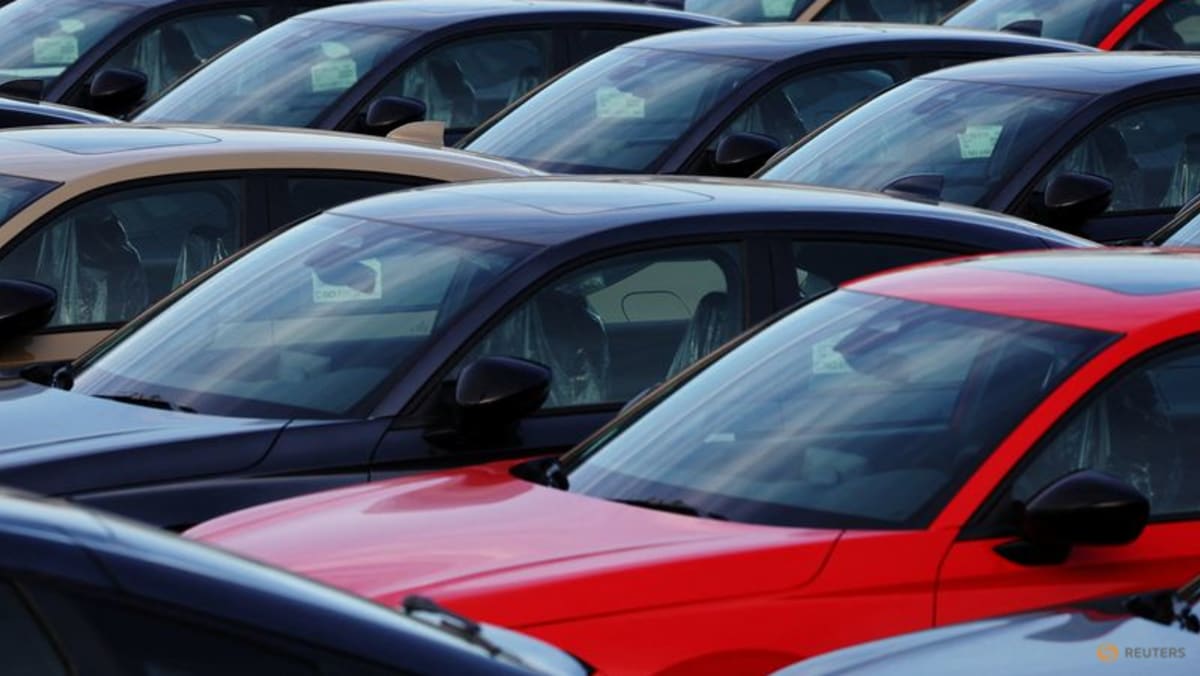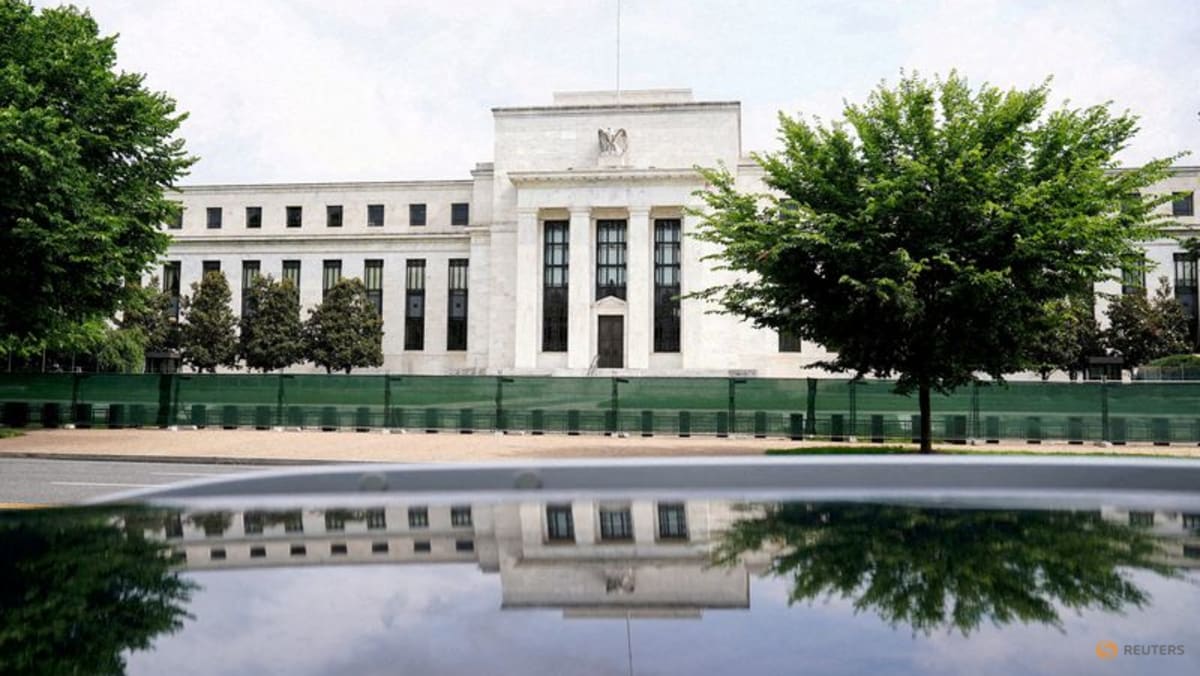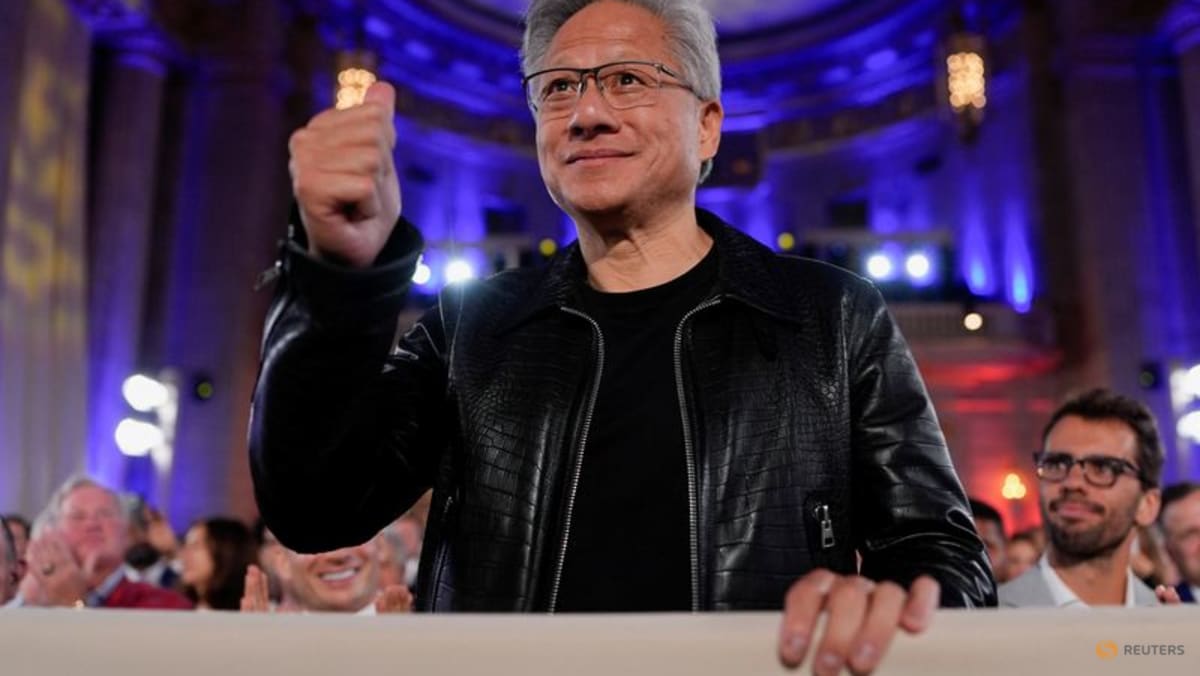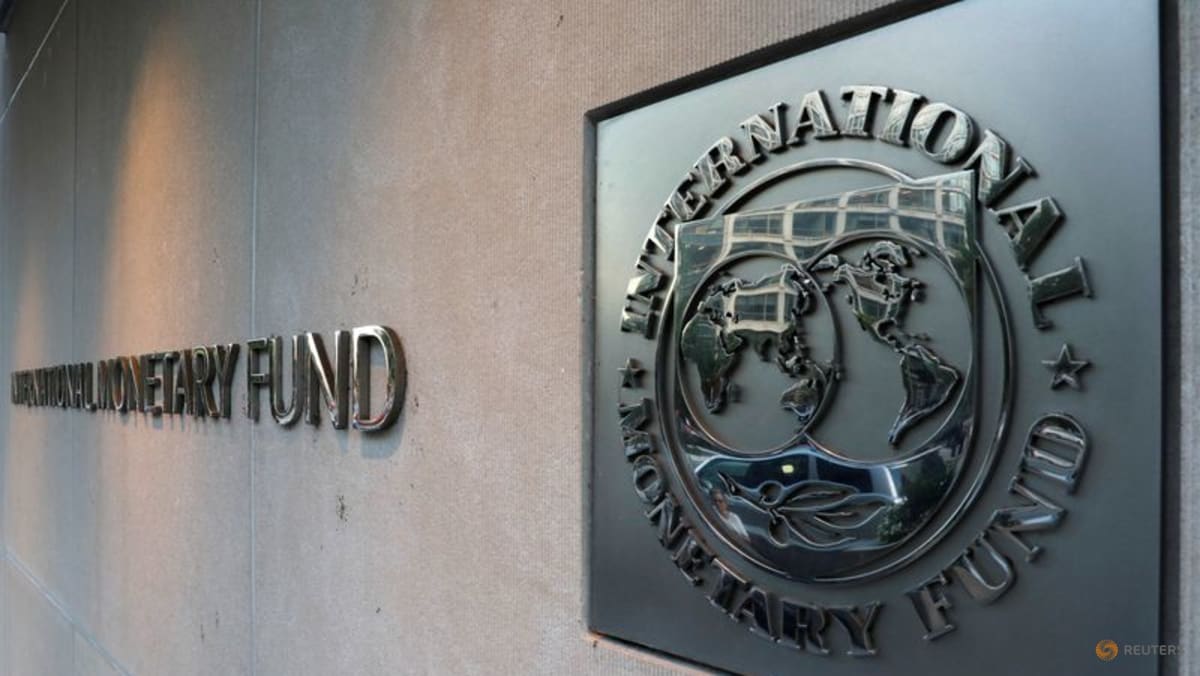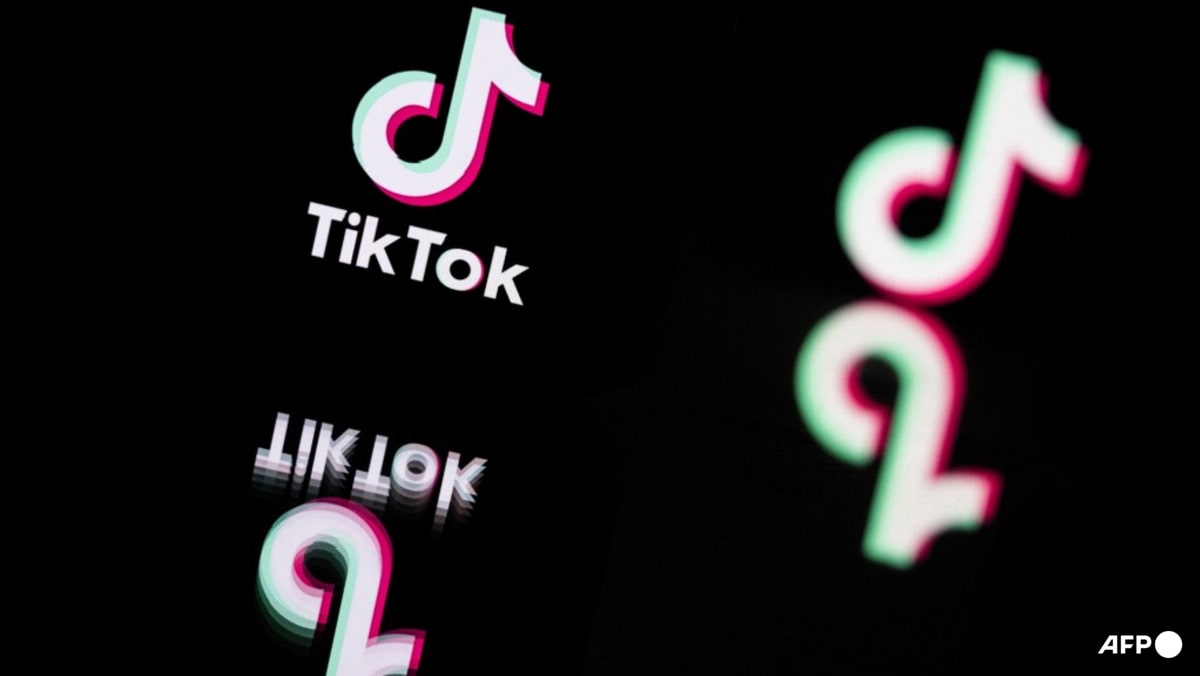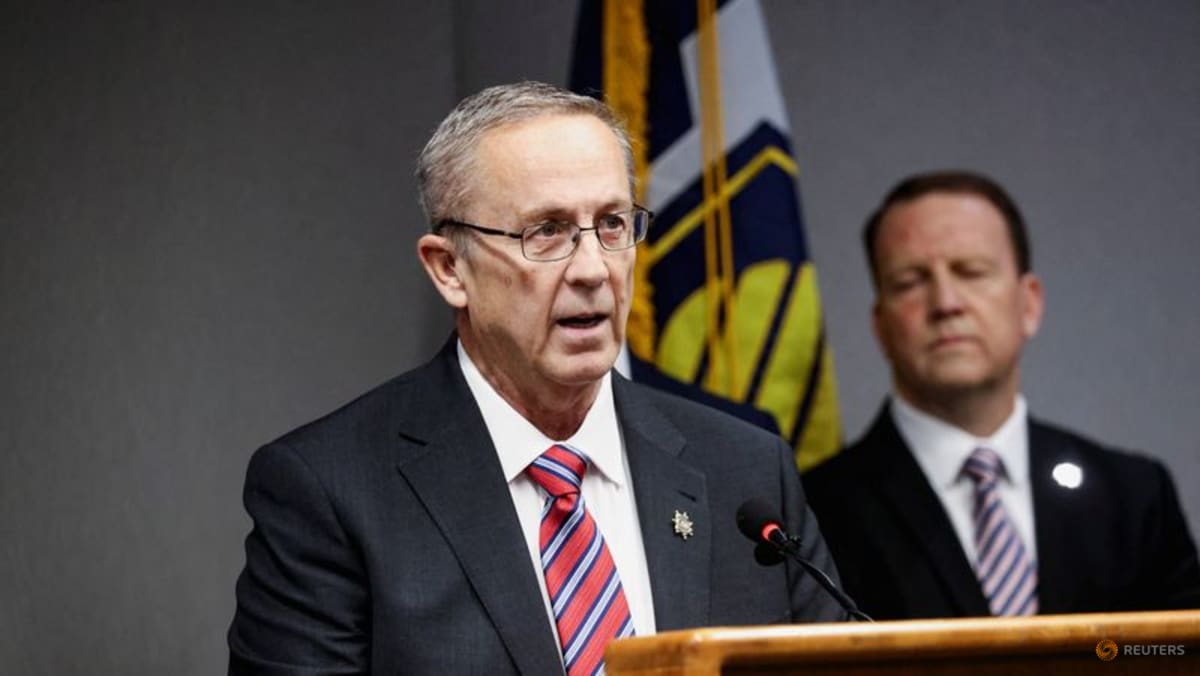TOKYO: US President Donald Trump’s tariffs are cleaving Japan Inc, with some major exporters like Toyota Motor slashing profit forecasts, while others such as Sony and Honda say the impact may be less severe than initially feared.
As Trump’s levies on global shipments into the United States took effect on Thursday (August 6), Japan’s top companies offered a mixed picture of how the tariffs, and a stronger yen are affecting America’s fifth-largest trading partner.
Uncertainty surrounding the tariffs and their erratic implementation has rattled companies worldwide, as governments scramble to strike deals and shield major exporters from further disruption.
While some glimmers of optimism have emerged, Japanese firms remain uneasy about when Trump might lower tariffs on Japanese automobiles and whether new duties will target pharmaceuticals and semiconductors.
AUTOMAKERS UNDER PRESSURE
A Trump move targeting semiconductors with 100 per cent tariffs on some chip imports hit Japanese supply-chain firms on Thursday, even as shares of other companies with US expansion plans rose.
Tokyo on Thursday urged Washington to swiftly implement last month’s bilateral agreement to reduce US tariffs on Japanese car imports to 15 per cent, down from the 27.5 per cent in place since Trump’s April tariff hike.
Two weeks after Trump announced the deal, which he said includes US$550 billion in Japanese investments and loans, Tokyo is still working to clarify its terms, adding further uncertainty for corporate planners.
“It’s honestly very difficult for us to predict what will happen regarding the market environment,” said Takanori Azuma, head of finance at Toyota, the world’s largest automaker.
Toyota cut its operating profit forecast for the business year ending in March by 16 per cent to 3.2 trillion yen (US$21.7 billion), citing the stronger yen and tariff-related costs.
Despite the impact, Azuma said the company would continue making cars for US customers.
“Even at this point, incentives are very low and inventory is limited, so many customers are waiting. That’s true not only in the US, but also in Japan,” he said.
Japanese carmakers have been among the hardest hit by the trade dispute, as they try to avoid raising prices and instead absorb the cost increases in their margins.





